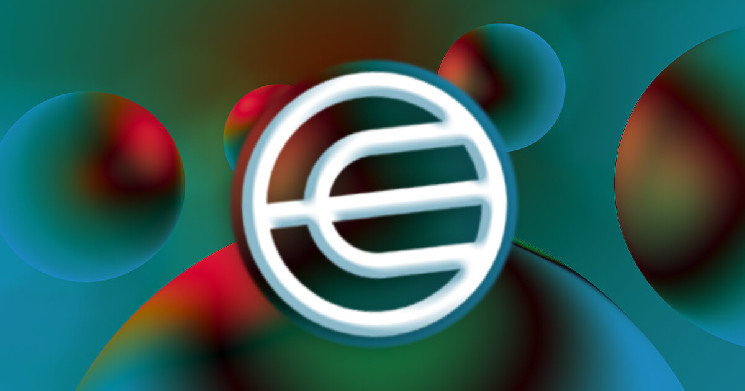World Chain is scheduled to launch later this year in the summer. The company did not reveal additional details about the launch.
Worldchain
The company said World Chain will be an an open, permissionless network with community governance. The permissionless approach means users will not need a verified World ID to use World Chain, and “everyone will be able [to] submit transactions.”
However, World Chain will prioritize verified users’ transactions and anonymize verified users’ transactions through zero-knowledge proof technology.
Additionally, Worldcoin will provide verified users with a free gas allowance through a WLD token claim every two weeks, although users can also pay for gas in ETH. After its initial fee sponsorship, Worldchain intends to cover casual users’ gas costs with fees from bots and power users.
Worldcoin emphasized its scalability goals as it accounts for roughly 44% of all network activity — sometimes up to 80% — on OP Mainnet.
In light of the growth, Worldcoin said it must “graduate to a dedicated network” to support 1 billion people — 100x more than the 10 million users it currently serves.
According to a separate technical post, Worldcoin aims to immediately and significantly increase the Layer-2 block gas limit to address current network costs. Worldcoin wrote:
“World Chain is an OP Stack chain that will be heavily targeted for scale. Our immediate goal is to increase the L2 block gas limit by a significant factor.”
Fighting bots vs. preserving privacy
Worldcoin said verification or “Proof of Personhood” is essential amid AI developments.
In 2023, the company described how the growth of AI has made it challenging to distinguish AI users or bots from human users, a problem that user verification can address.
Though AI abuse looms large in public consciousness, Worldcoin’s approach — particularly its reliance on biometric data — has attracted controversy. Various regions, including Spain, Portugal, and, most recently, Buenos Aires, have raised regulatory concerns.
Worldcoin recently asserted its operations are legal and announced improvements to transparency and data handling, including via open-sourcing parts of its project.
 cryptoslate.com
cryptoslate.com
